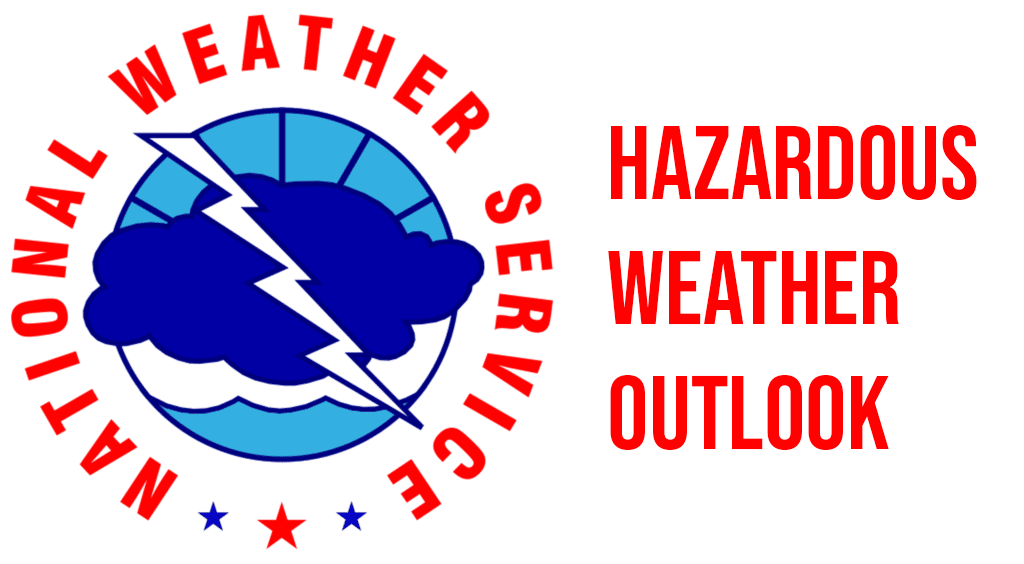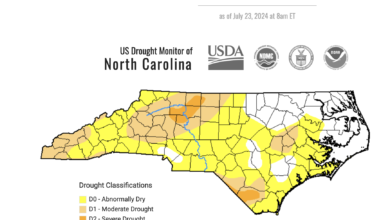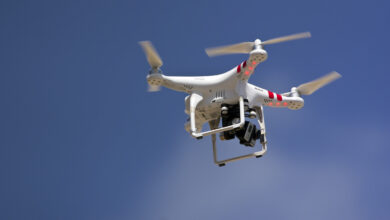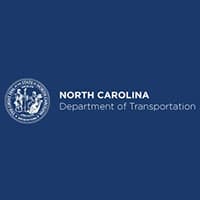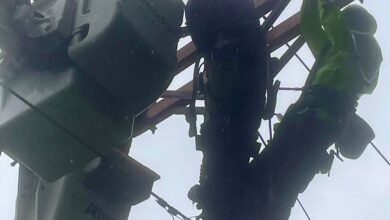
Last Updated on January 26, 2022 1:48 pm
Asheboro, N.C. – Jan 24, 2022 – With recently confirmed cases of avian flu in wild birds found in eastern North Carolina, the North Carolina Zoo is taking the precautionary measure of closing its Aviary habitat to the public.
For birds, Avian flu is a highly contagious viral disease that can affect several species of birds, including domestic poultry and wild birds. This disease, if spread, could have devastating effects on poultry farms (both commercial and backyard flocks) and birds living in zoos and wildlife centers.
“Closing the Aviary is a preventive, precautionary measure to protect all our bird species at the Zoo as the disease can spread very quickly and is often fatal to them,” said the Zoo’s Director of Animal Health Dr. Jb Minter. “The disease has so far only been found in a very few wild birds in North and South Carolina.”
The Zoo will work with the N.C. Department of Agriculture and the USDA to determine when it can safely reopen the Aviary habitat. The Zoo will immediately test its birds that show any clinical signs of illness, which includes sneezing, coughing, lack of energy and poor appetite.
Currently, none of the birds at the Zoo are showing any clinical signs of the disease.
In addition, to protect all its bird species onsite, the Zoo has increased biosecurity for its staff, such as restricting only certain teams to work with the Zoo’s birds.
No human infections from this virus have been found in the United States. The Center for Disease Control and Prevention (CDC) says transmission of the virus from birds to humans is very rare and considers the risk to the general public very low. You can find a link to more information on the CDC’s website: https://www.cdc.gov/flu/avianflu.
Anyone that owns domestic poultry or is around wild birds is encouraged to find more information about caring for your own flock of birds. You can find the USDA’s recommended steps to increase the biosecurity of backyard poultry flocks on their website.






